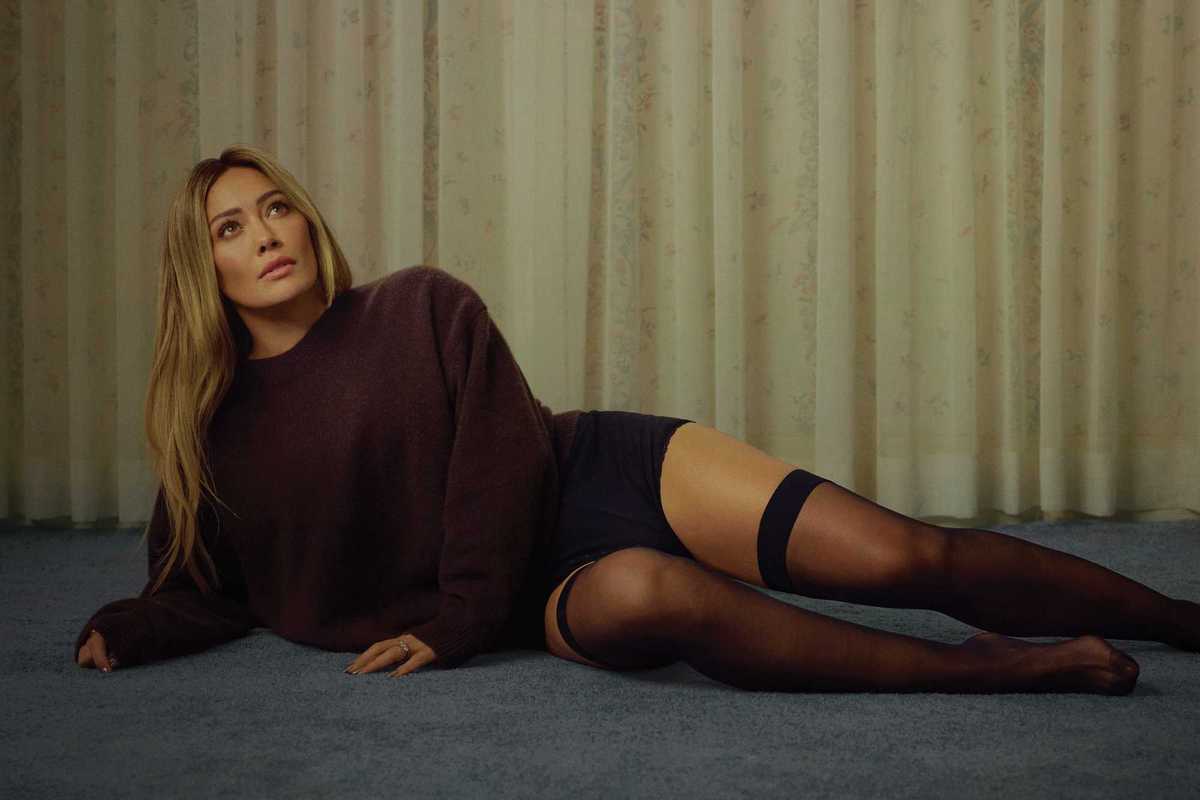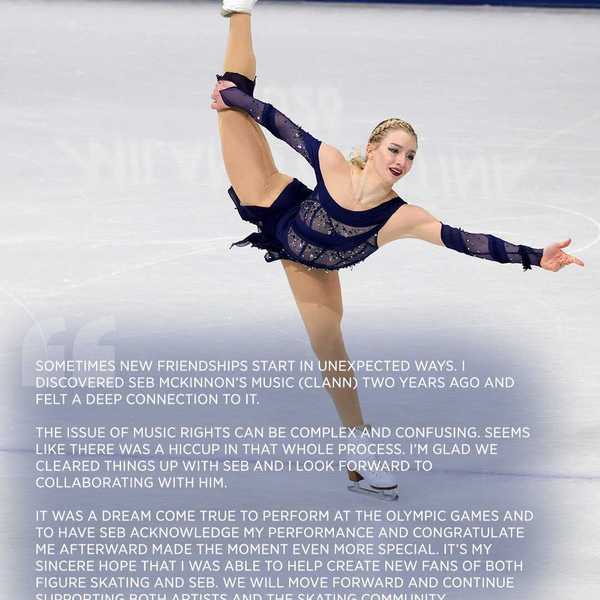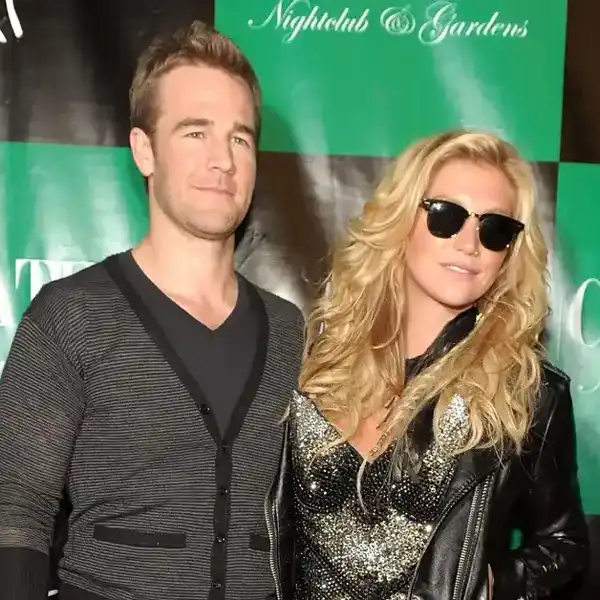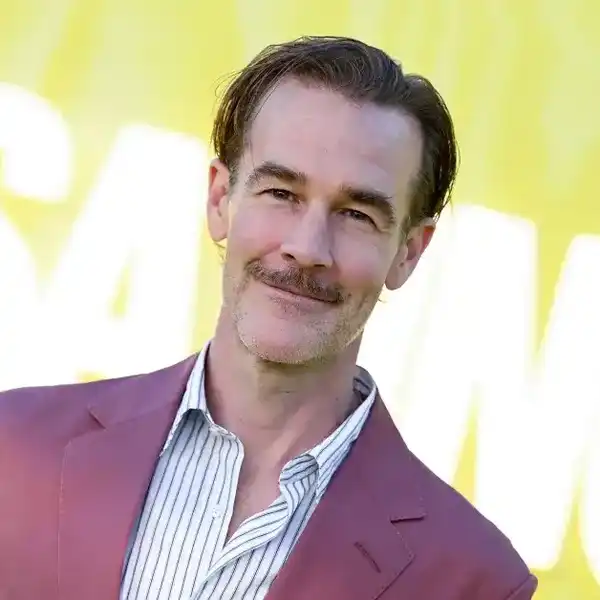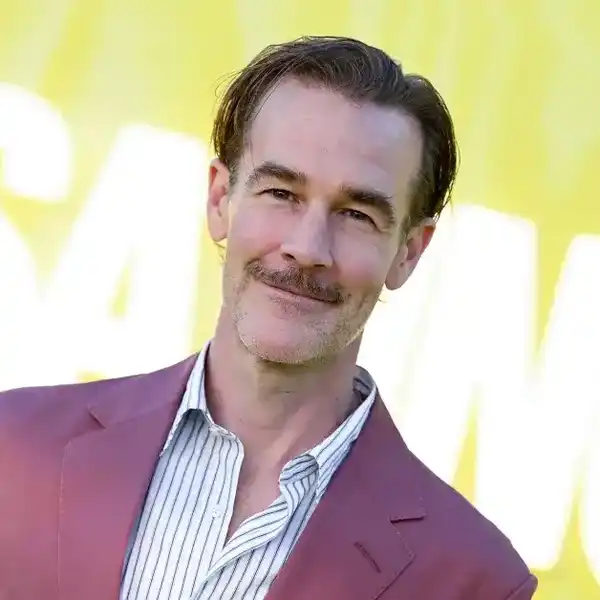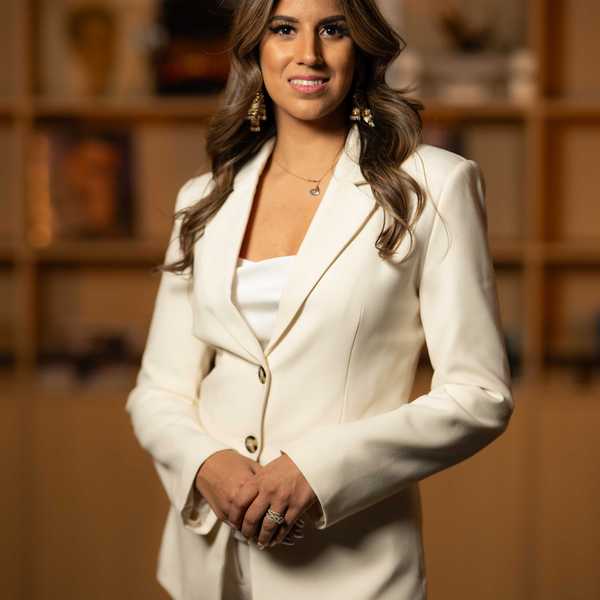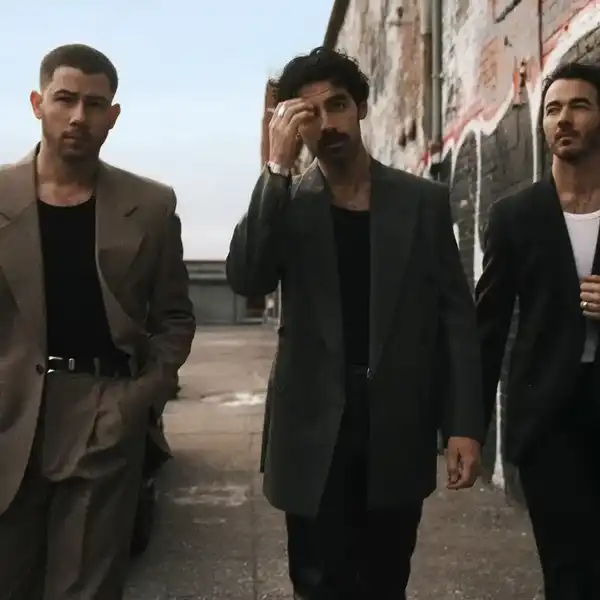I Love A Piano – All 88 Keys!
Toronto's Soulpepper Theatre is presenting a new production based on the glories of the piano. His participation in the project leads Bill King to reminisce about his life with the instrument.

By Bill King
Soulpepper Theatre’s director and music director Mike Ross and I have done the impromptu blazing piano duet in front of the Canadian Film Academy, near the couch cushions at Gary Slaight’s annual Christmas gathering and places lost in memory. Mike would often mention he’d like to find something for me under the Soulpepper Theatre banner to participate in.
In 2015, it was a salute to the music of New Orleans, The Big Easy, drafted by Ross and his writing partner CBC’s Tom Allen, host of Shift on CBC Music. The two make a formidable duo. This time around the timing is spot on. Allen and Ross have conceived a new musical built around the history of the piano – 88 Keys!
In the world of the compactable and responsive digital pianos, the old wood box is falling out of favour. Once a decorative and sought-after property of continuity and modest wealth and a teaching vehicle for instilling discipline and nurturing the young, it’s now facing the same fate as CD’s and cassettes – eviction! Let’s hope the piano becomes as retro as vinyl and serious lovers of music will continue to find a sacred corner within the home to allow it to carry on speaking in tones.
When I think back to my youth and that first piano teacher, I think back to what it must have been like for a Lawrence Gowan, a Garth Hudson, an Oscar Peterson, a Glenn Gould, a Diana Krall, a Mike Ross, a Jane Vasey, a Thompson Egbo-Egbo, an Anton Kuerti or a Ruth Lowe the moment they dropped a finger on those 88 keys.
My earliest years were served under the watchful eye of dad’s mother, Era. She was heavyset, hair tied in a bun and late night she would undo and let it fall to her waist then brush to a splendid sheen. Era wore the same dresses other matronly women wore; long, light in weight and trimmed in a floral arrangement. She walked in heavy shoes with square heels and stockings rolled up to where the knees meet the thighs.
Era owned a piano - an upright desperately in need of tuning. The wavering harmonics put added stress on the ears yet suited her brand of ‘Anglo’-gospel music. Perched high on the bridge of her nose, Era’s thin wire-rim glasses would slant upward as she sang the praises of the Lord. When she wasn’t singing or playing hymns, Era would rip a shred of pliable hickory from a nearby branch and apply to the backside of cousin Vicky and me. That slither of wood settled territorial disputes between the two of us.
We were children of the northern-most region of the old south. Dad’s dad lived a brief but volatile life crossing the border between Kentucky and Tennessee. Era’s family came from Missouri. She cared for us while our parents worked - shuffled about the house doing a variety of chores then stopped mid-afternoon for her beloved Edge of Night; a soap opera I recall for its wheezing organ and overly dramatized ‘tear-inducing’ scenes. Life was truly ponderous. The hours passed with little interference from external sources.
I would beg grandmother to play piano and teach me a melody: “Chop Sticks," "Old McDonald’s Farm," "Heart and Soul.” Christian hymns, for the most part, didn’t interest me. Each had a foreboding quality that spoke of a life terminated rather than affirmed. I’d slip my fingers under hers and wait until she pressed ivory to keyboard - fully accepting of whatever sound bounced outward. I’d occasionally play by myself, but it was those moments when grandma situated me in her lap that offered the most comfort.
Era slowly died a preventable death from cancer. She refused medical help, ignoring the results of testing. Whenever ill, Era would consult a medical dictionary - branding doctors; charlatans. I watched her skin discolor from yellow jaundice - attributed to cirrhosis of the liver – in a family where alcohol was forbidden. I was told it was treatable, yet Era refused and languished in her bedroom. The days would pass slowly as did Era.
Death was abundant around us. A generation of relatives unknown to us placed us on visitation terms with funeral parlors, as distant relatives took up residence in the afterlife.
The early teens we spent face down in school books - afternoons scooping grounders, hitting fly balls and pitching from a baseball mound at Playsquare Park; a multi-purpose lot around the corner from our home where a round of back-yard hoops played out daily.
One day it was decided – “the boys are taking up a musical instrument.” That’s when Wayne and I were driven up Utica Pike and introduced to septarian, Eva Smith. Eva was a beautiful black woman in her early seventies - cheekbones masked in scarlet red rouge - smeared in circular patterns. An extra layer of cold-cream applied deep to her silky brown skin made her appear to be a descendant of African royalty. Eva was physically compact and always immaculately dressed and graced with proper manners. She charged fifty cents a lesson and came with a good reputation for achieving results.
After the passing of her husband, we were told a stillness consumed Eva’s house and with that came the markings of time. The edifice harbored an odor of ancient sweetness, the aroma of age-cured furniture, antique books, and well-worn body cologne. For companionship, Eva kept a succession of black cats named Boogaboo. “Boog” would surreptitiously troll the house and for no apparent reason, shift into high gear, spread claws, speed-skate across the kitchen floor, then crash head first into the kitchen cabinets near the sink. This he would do throughout our half-hour lessons.
Eva was serious about teaching the basics. Her method included memorizing the notes of both treble and bass clefs, all key signatures and musical notations before allowing us first to touch the well-worn ivories. I had anticipated playing her piano and when the opportunity arrived - what came forth, was disquieting. The upright piano sounded far worse than anything I could have imagined. It was as if it had been dredged from the bowels of her backyard pond - rinsed and awarded clemency. Every note resonated five or six. When three notes were depressed, it was beyond description. Only once during the two years of weekly lessons did Eva have the piano tuned. It was far too late to rescue the unhealthy and relic.
Eva was proud of her background - boasting that the father of the blues, John Handy, hired her during her early twenties to play piano in his band. To prove that assertion, she reached deep into a wooden trunk and produced an embroidered cloth and accompanying hand-stitched pillow with her name sewed in golden threads - gratitude for her service.
Smith had a fair sum of money safely deposited in a bank that afforded her a reasonable level of comfort. Friends and relatives would insist she spend a portion of those savings on herself before she was too old to enjoy - advice she generally ignored. After months of consideration, Eva withdrew eight thousand dollars. With cash in hand, she purchased a shiny, black nineteen fifty-seven deep green Cadillac sedan - an item of status and opulent beauty.
Barely able to see above the sprawling dashboard, Eva would situate her diminutive frame behind the oversized steering wheel and recline for hours, comforted by the deep plush seats. Eva eventually took driving lessons – the minimum necessary to become a licensed driver. A few awkward expeditions up and down the interstate and past her house convinced Eva to return the Cadillac to the driveway for safe keeping. Over time, ‘the prized possession’ lost much of its lustre; abandoned and sentenced to gathering layers of dust in the garage.
Dad would sit quietly through our lessons as he would the coming years in the Louisville Academy of Music. Eva possessed a set of Encyclopedia Britannica dad would from time to time browse. He became intrigued with the Lutheran theology of Martin Luther and consumed all he could read on the subject. He listened carefully to Eva’s instructions and would recite her instructions verbatim throughout the coming days. At this stage, dad’s presence in the room was becoming a growing source of tension, and as we began to progress beyond the rudiments: he began to interfere. Dad wanted instant results, and Eva wasn’t getting us where he’d imagined quick enough. Our time with Eva was to be brief, yet memorable. She taught us basic practice technique, reading skills, and inspired me to search beyond exercise pieces and pursue music in the long form.
As the months and years passed, I’d spot Eva dressed in her red plastic boots, umbrella at her side, thin white scarf neatly wrapped around her head - brown cheeks graced with the customary circular touch of red rouge; situated on a bench outside a bus stop in Jeffersonville, awaiting the Utica bus north. Then one day Eva was gone. Over that summer she had died from natural causes.
With Eva came that intersection between a white and black family. This was 1958 and across the river in Louisville, Kentucky, Afro-Americans were still denied the right to eat or enter segregated establishments. For a twelve-year-old boy and a piano – that first piano teacher will possibly be the love of your life. In this case, she was. Through those sour notes and rigid discipline, in a home of many colors, Eva opened her doors and let two white boys visit each Friday for $.50 and grow into true human beings.
A decade back I wrote a short musical about her and then composed music – The Last Piano Lesson. It’s melancholy much like one would expect from a fourteen-year-old, yet she spoke to us of Nat “King” Cole, Martin Luther King, and her heroes in glorious terms.
Rehearsing 88 Keys with all these fine pianists, most a good thirty-five to forty years younger than me, had me thinking about the musical and the story about to be told through the centuries of piano repertoire with Thompson Egbo-Egbo playing Scott Joplin, Jeni Thai Nolan playing Carol King, Mike Ross playing Billy Joel, Atilla Fias playing Art Tatum, Godin Friesen playing Rachmaninoff, me, Bohemian Rhapsody behind such glorious voices as Meher Pavri, Divine Brown, Raha Javanfar and Jenie Thai Nolan. That’s plenty to get excited about! Let’s not overlook the very talented band – Morgan Doctor drums, Carlie Howell bass, Andrew Downing, cello/acoustic bass, and Raha Javanfar, violin.
“88 keys, 230 strings, and 7,500 working parts make up every piano. For three hundred years, it has been the vehicle through which genius is conveyed, from Beethoven and Chopin to Fats Domino, Ray Charles, and Billy Joel. Mike Ross leads Soulpepper musicians on an exploration of the ‘King of the Instruments’.”
The musical runs June 1- 21.
Ticket prices & Box Office
Location & Hours: The Young Centre for the Performing Arts provides all Box Office services for Soulpepper Theatre Company.
Box Office Ph: 416.866.8666
E-mail: boxoffice@youngcentre.ca
Box Office hours of operation are Tuesday to Saturday from 1 pm - 8 pm and one hour before a Sunday or Monday performance.
Soulpepper is located inside the Young Centre for the Performing Arts within the Distillery Historic District, in Toronto.

